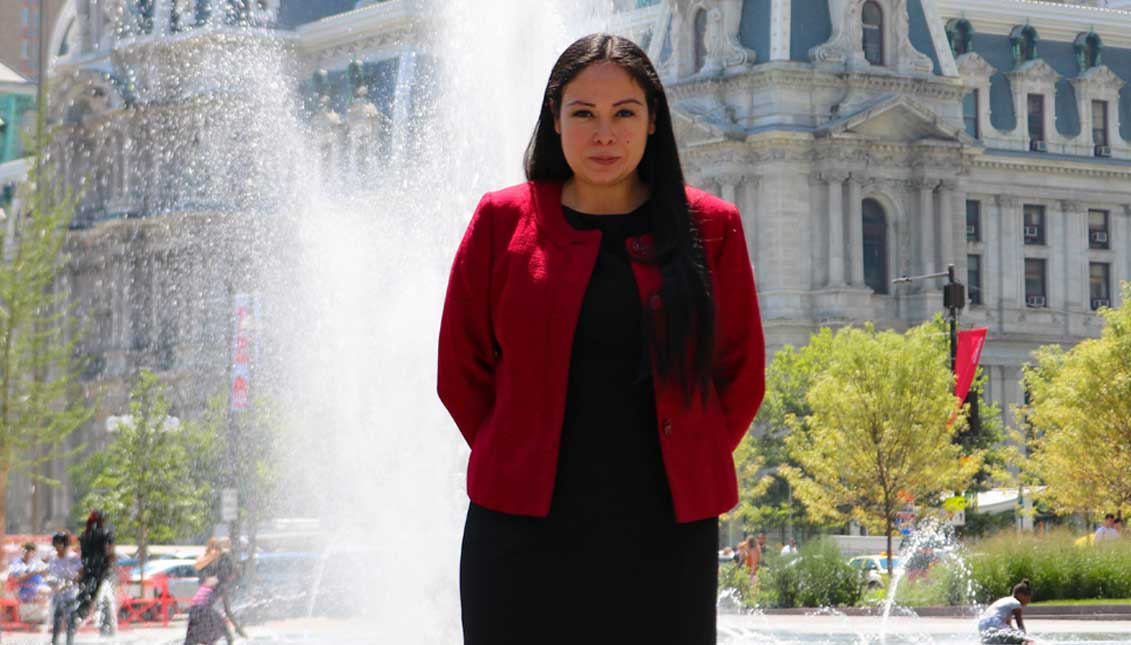
Latina named Chair of Philadelphia Litigation Group
Diana Cortes said her experiences with racial animosity growing up and the encouragement from her immigrant parents motivated her to pursue her high…
Diana Cortes, the new Chair of the City of Philadelphia’s Litigation Group, hopes that Hispanics see her, a Latina, in one of the highest legal positions in the city and trust that they are represented.
“[Attorneys] have that voice,” Cortes said. “You’re brought in for your legal capabilities, but also your perspective and making sure that perspective is heard no matter what situation you’re in.”
Cortes was born and raised in a small, Latino pocket of Morris County, NJ, the town of Dover, which is said could fit inside Central Park. The town itself is predominantly Hispanic with more than 70 percent of residents identifying as such, according to 2016 American Community Survey estimates. However, Morris County as a whole is mostly white - over 72 percent - and affluent, which led to racism when Cortes traveled to other towns to participate in sports or the debate team.
She remembers her and other Latinos from Dover being dubbed “Dovericans” by rivaling high schools and told to go back to “the ghetto” or their countries. Cortes said she’s also heard about recent instances of xenophobia from around the county school system, including one video on Facebook from a local sports games where “build the wall” chants were directed toward visiting Latinos from her hometown.
Cortes’ parents were a source of strength for her through these difficult parts of her childhood, reminding her to value her Costa Rican heritage despite the hatred they and their neighbors faced. She remembers her mother, sitting her down at a young age:
“You show them that Latinos can do it just as good, if not better than anyone else.”
This was the mantra, Cortes said, that carried her through grade school and onto college at the Ivy League Cornell University, later earning her law degree from Villanova University School of Law. She learned to value the sacrifice her parents made to remain in the U.S. after immigrating from Costa Rica the day after their marriage in 1978. They had planned to return to their home country after earning some money and being with Cortes’ grandmother, who was already in the U.S. when they arrived, but decided the opportunities for their children to be well-educated and succeed were far greater in the states.
“It ended up being the immigrant’s dream, what they ultimately saw would be the best for us,” Cortes said. “Sacrificing the ability to grow up with cousins and aunts and basically their villages… for our benefit, for our futures, and for our children’s futures is significant.”
Cortes clung to her childhood dream of being a “Law & Order”-esque prosecutor and began her legal career as a clerk for her mentor Judge Juan Sánchez in the U.S. District Court for the Eastern District of Pennsylvania (PAED). She moved in and out of public and private law practice, starting as an attorney at Morgan Lewis, then serving as Assistant District Attorney for the Philadelphia DA’s Office and finally as a litigator at Marshall Dennehey before becoming the chair of the city’s litigation group.
RELATED CONTENT
As chair, Cortes will oversee all litigation units for Philadelphia’s Law Department, which includes state and federal appeals, civil rights lawsuits, code enforcement and labor and employment issues, representing the interests of the city in an array of different legal defense matters. She began as chair not two months ago, replacing now-City Solicitor Marcel Pratt, and inheriting some prominent cases, like Philadelphia’s ongoing battle with the U.S. Department of Justice (DOJ) regarding federal funding despite its “sanctuary city” status, as well as the religious freedoms conflict with the Archdiocese of Philadelphia and Catholic Social Services as the city has halted adoptions through the organization, citing its opposition to same-sex couples.
Though the sanctuary cities case was worked on before Cortes became chair, it may see new light as the DOJ is likely to appeal PAED Judge Michael Baylson’s decision that ruled it was unconstitutional for the federal government to withhold funding to the city for its refusal to turn over immigrants to Immigration and Customs Enforcement (ICE) unless the agency has a warrant signed by a judge for a specific individual’s detainment. The case certainly hits home for Cortes as a Latina and the daughter of immigrants. She said the city should protect those who come to the U.S. searching for a better life.
“It was honestly just by chance or by luck or by divine intervention, however you want to look at it, that they were able to get all the visas lined up and everything fell into place,” Cortes said, speaking of her parents. “[Others] have no other recourse, but to come and seek sanctuary… I’m very proud to be part of a city and an administration that does seek to protect that right.”
She described the DOJ lawsuit as a “David versus Goliath” scenario, but with an unpredictable Goliath that American politics has never seen before. Cortes thinks Philadelphia could become a champion for other sanctuary cities in the U.S. and, in her new position, has drawn on her past experience of defending the disadvantaged.
At the District Attorney’s office, Cortes worked in the Juvenile Division where she handled cases of sexual assault between adult defendants and minor victims as young as five or six years old. She was assigned to the 24th, 25th and 26th police districts, where she said there’s a large Latino population.
Cortes communicated and built trust with the young victims, typically girls, as well as their parents, who sometimes only spoke Spanish. Seeing a Latina face and speaking directly in their first language, she said, made it easier for victims to quickly open up, understand their cases and testify truthfully.
It was Cortes’ mother who insisted she know Spanish and never let her forget their family’s Costa Rican roots.



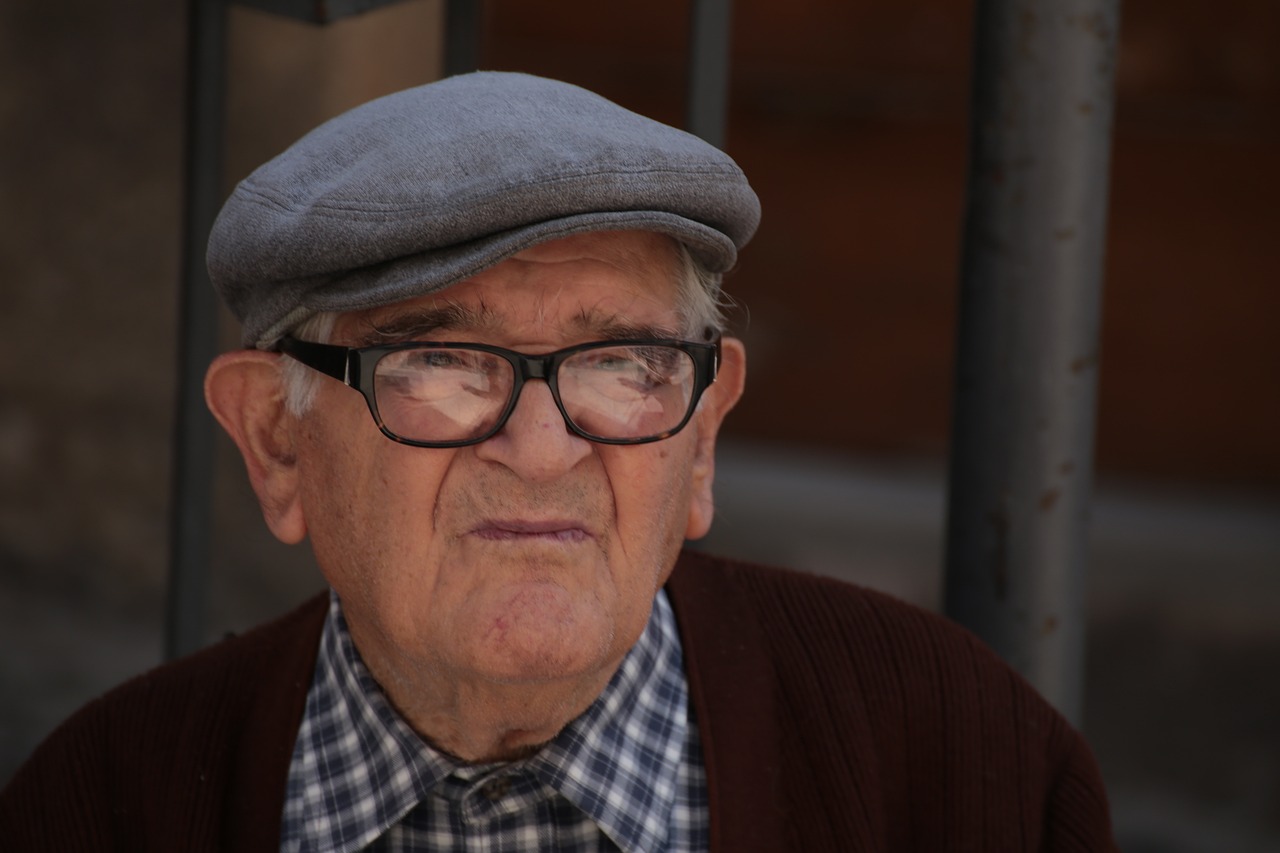


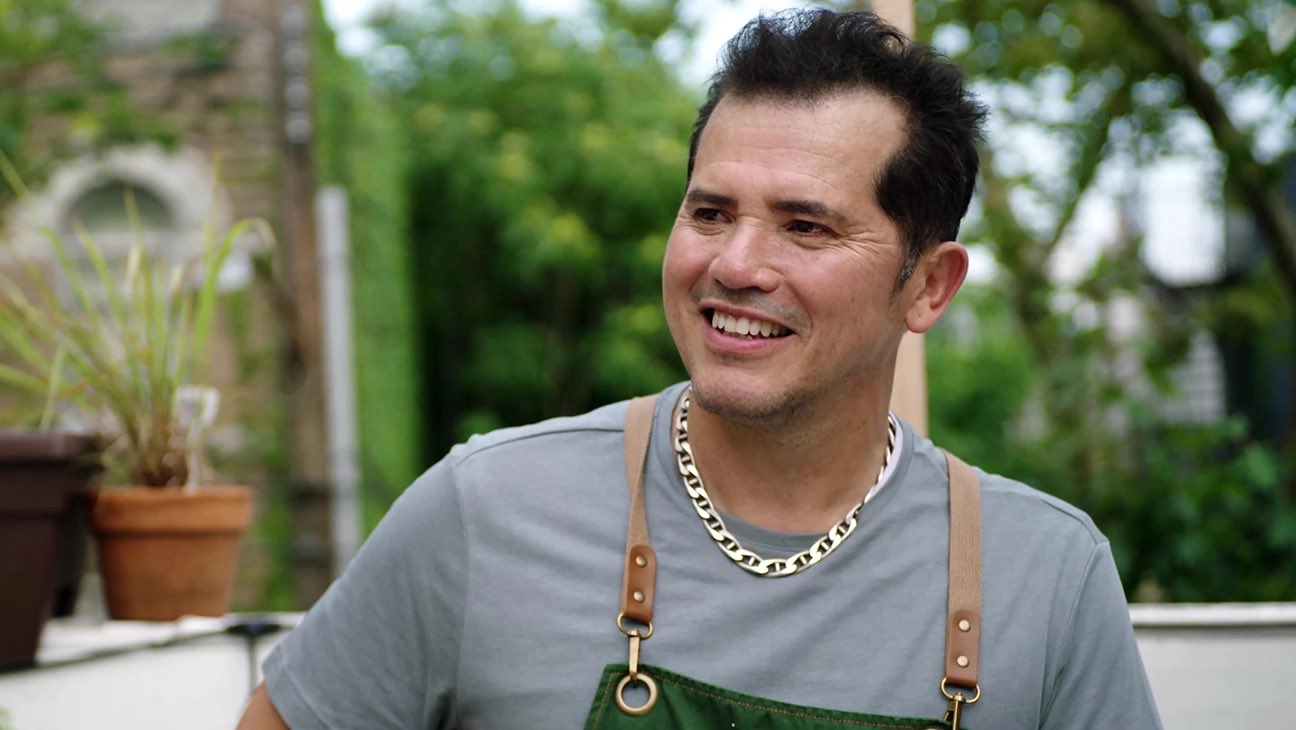

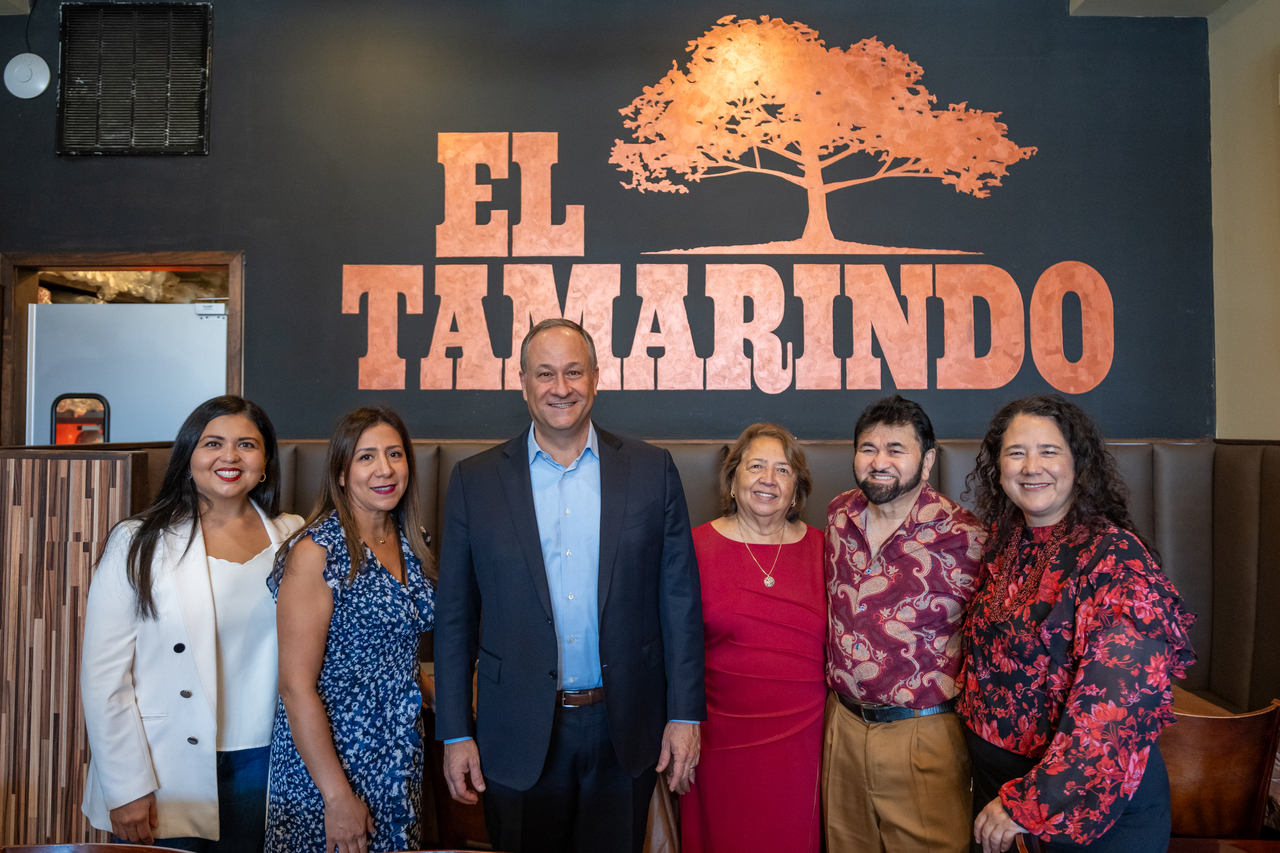
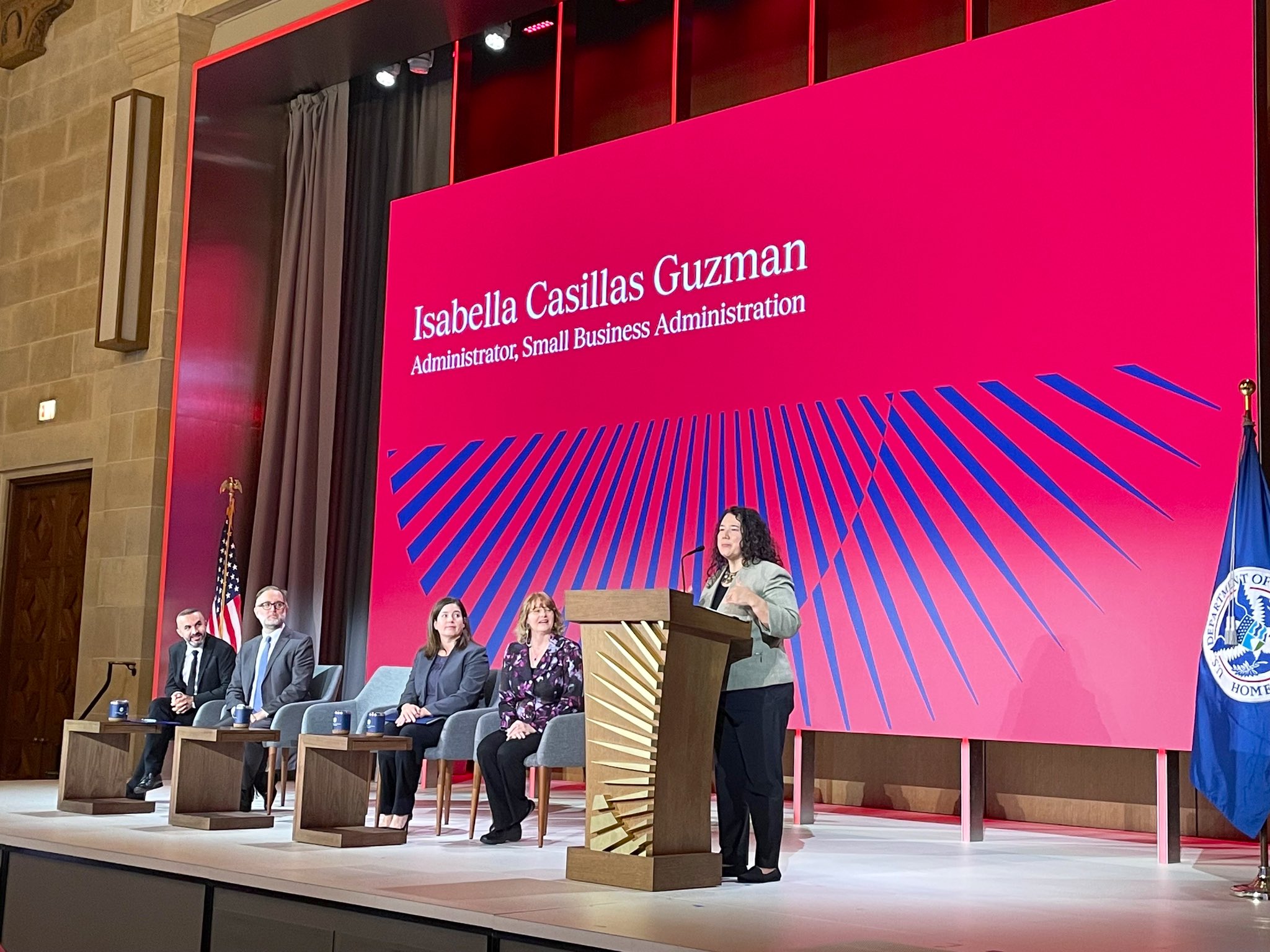

LEAVE A COMMENT:
Join the discussion! Leave a comment.